Space Crash Is A Ticking Time Bomb Disaster Waiting To Happen

From ominous planet-killing asteroids lurking deep in space to magnetic storms that have the potential to dramatically alter our modern way of life, space offers plenty of threats to our planet that can be cause for concern. However, according to a team of leading scientists, the existence of space junk currently orbiting Earth is a “ticking time bomb” that could wreak havoc on future space travel, even leading to possible catastrophic crashes. While space junk may have a somewhat unserious name that doesn’t truly encapsulate the floating danger just outside of our planet, the collection of man-made debris is an urgent situation that many are attempting to address before disaster strikes.
Space Junk
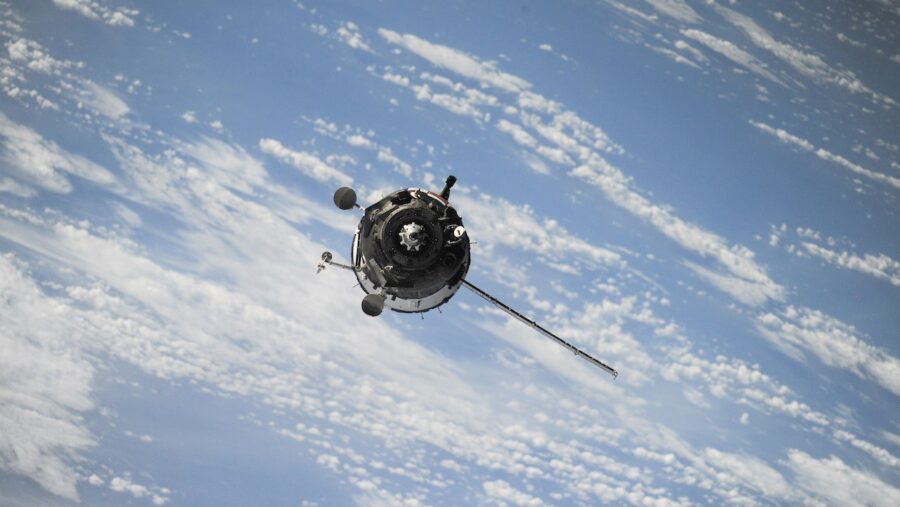
Space junk is considered any piece of man-made material that is currently floating in space, ranging from derelict spacecraft and mission-related debris to spent rockets and missile fragments that reach speeds as high as 18,000 miles per hour, which is nearly seven times faster than a speeding bullet.
Darren McKnight, a Senior Technical Fellow at LeoLabs, an orbital mapping firm that provides space situational awareness services to federal and commercial agencies, believes that the threat of space junk will likely diminish our ability to launch successful space missions in the near future unless solutions are implemented. McKnight has authored several studies on the prevalence of space junk, citing the potential of space-related disasters and even the destruction of satellites currently in orbit.
20,000 Objects Floating In Space
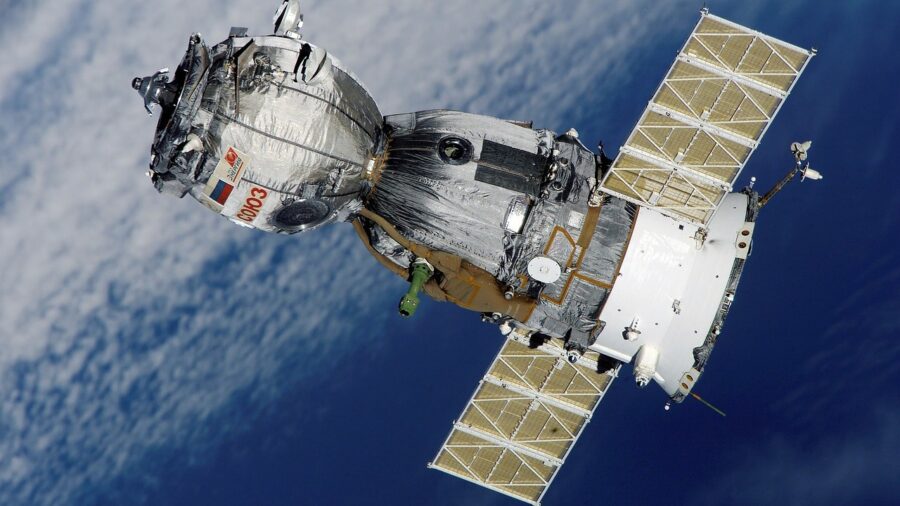
As of October 2024, McKnight and LeoLabs have successfully charted more than 20,000 man-made objects that are orbiting Earth, detected by a global network of radars. LeoLabs then uses a variety of predictive AI tools to formulate accurate models that public and private space agencies can utilize to minimize the threat of space junk to their operational satellites.
The Coming Disaster
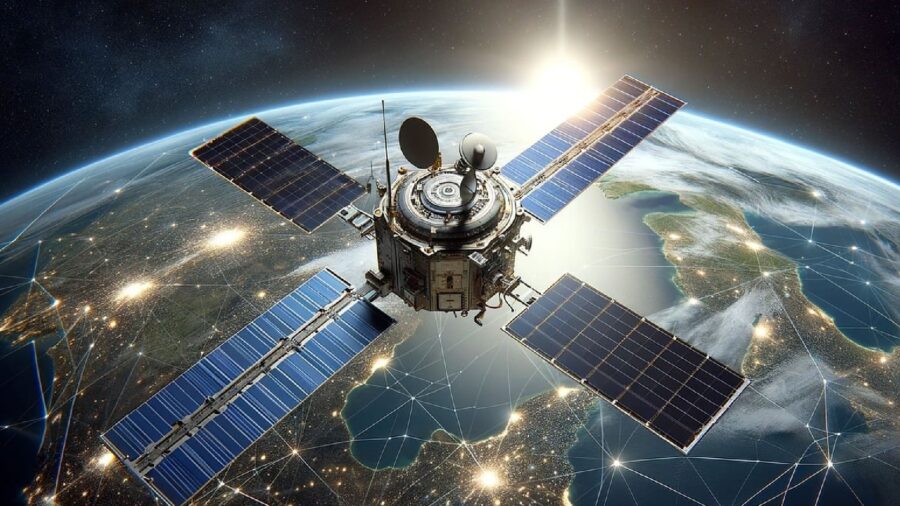
According to Dan Ceperley, LeoLabs CEO, even with the ability to track and predict the movement of space junk, the looming threat is becoming far too great to completely avoid danger forever. In a statement that Ceperley wrote on the LeoLabs website, he notes the “inevitability of a disaster in low Earth orbit,” pointing to the increasing number of missile and rocket fragments that are traveling at a tremendously high rate of speed. “This grim reality means that collisions are not a question of if but when,” Ceperley says.
A History Of Near-Misses
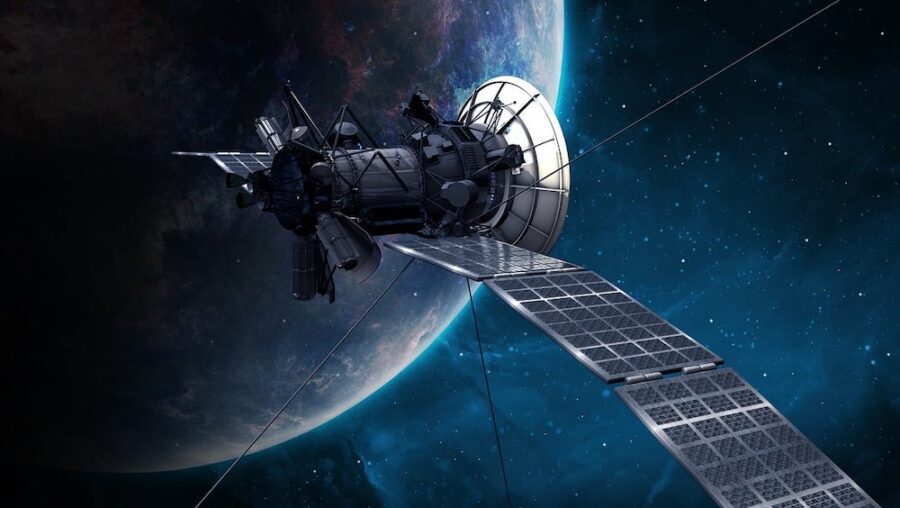
Echoing the sentiments of his LeoLabs colleague, McKnight views spent rocket stages as a dual threat to both current spacecraft and space stations and future space missions. According to McKnight, decades of unregulated and unchecked rocket missions by the United States and Soviet Union during the space race has fortified the collection of space junk and created many near misses that could have led to potential disaster.
In June 2022, one rocket stage from the Soviet Union and one from the United States came within just 500 meters of smashing into each other. The collision would have had the potential to create a centuries-long danger to future space missions, as debris would have scattered “over many hundreds of kilometers.”
Small Fragments Can Be Deadly
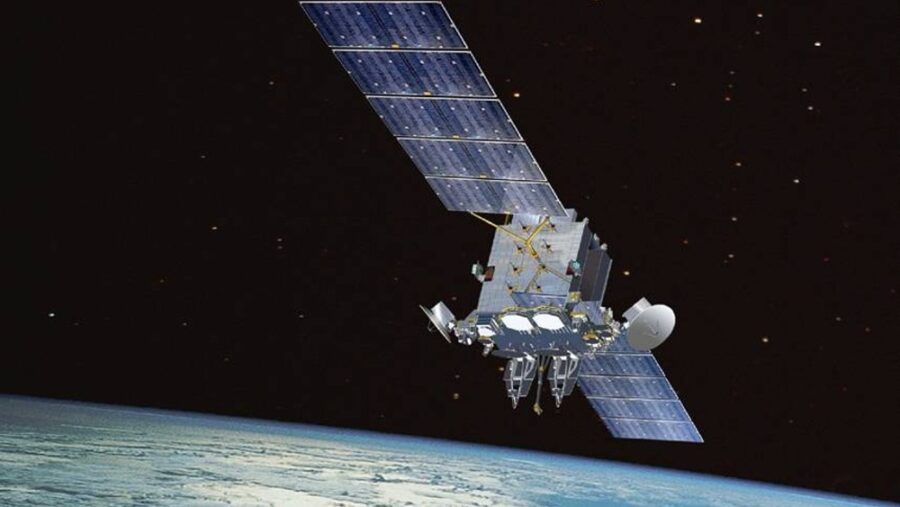
While space junk poses a serious threat to space agencies and the satellites that they currently operate, Ceperley also fears the potential of loss of human life, even speculating at the possibility that the collection of debris could be used as an “operational payload attacked by an adversary.” But for now, even the smallest of space debris fragments could become catastrophically dangerous to crew members aboard the International Space Station or astronauts performing routine spacewalks during future space missions. “Any size fragment above a few millimeters is likely lethal to astronauts,” says Ceperley.
Source: Forbes









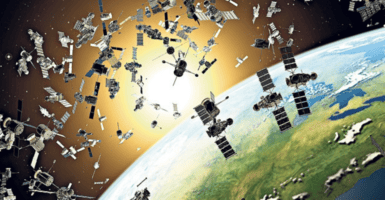



Login with Google